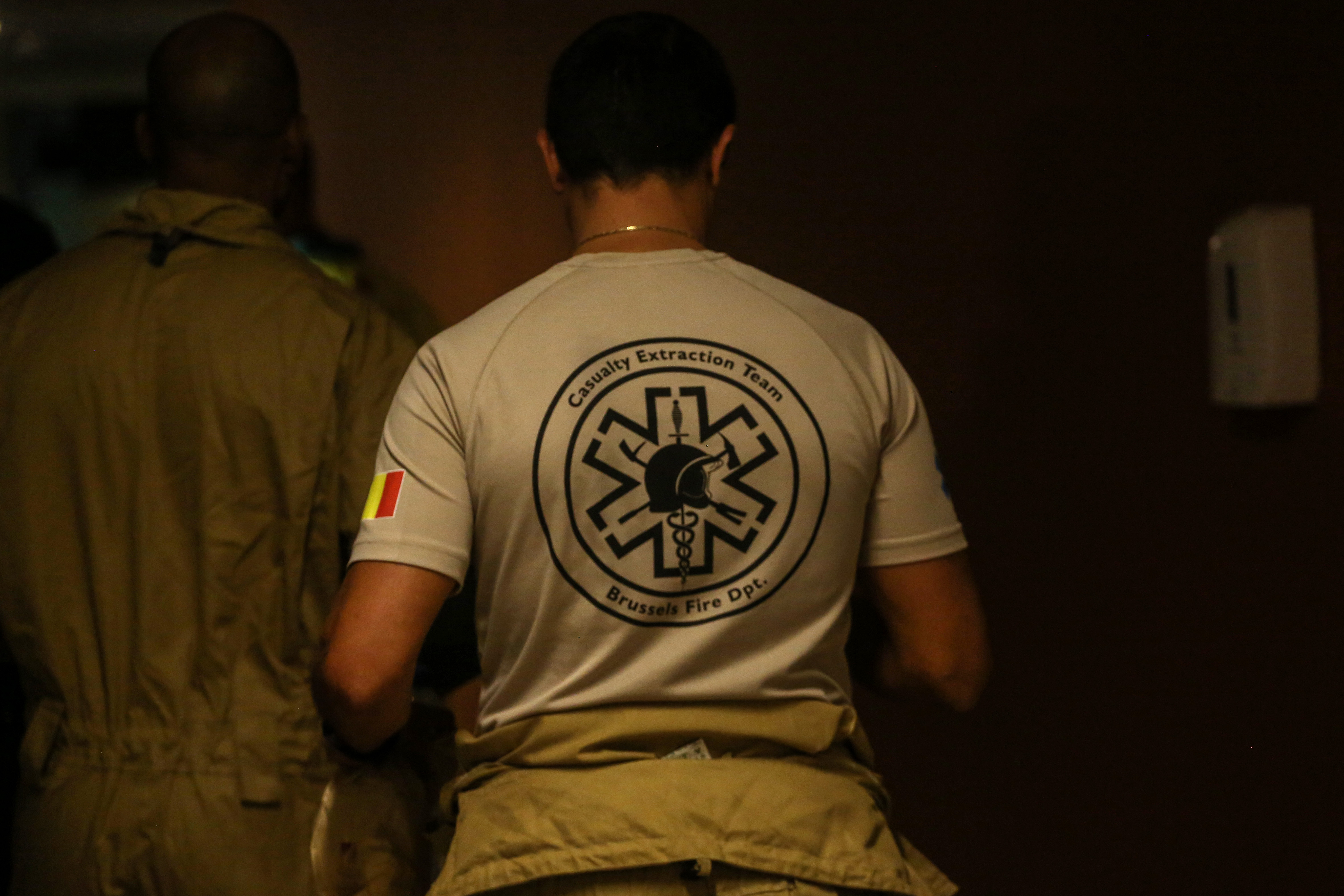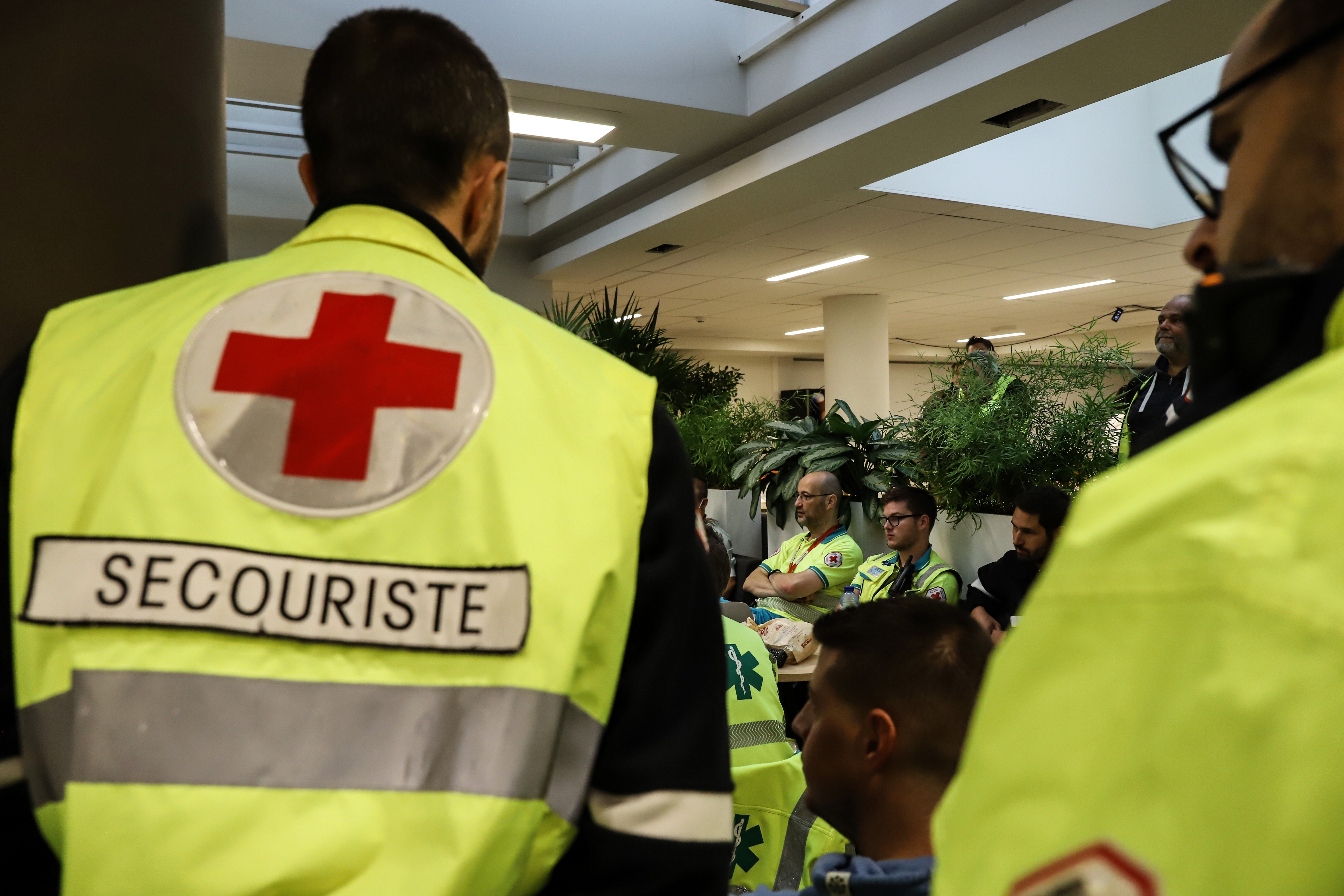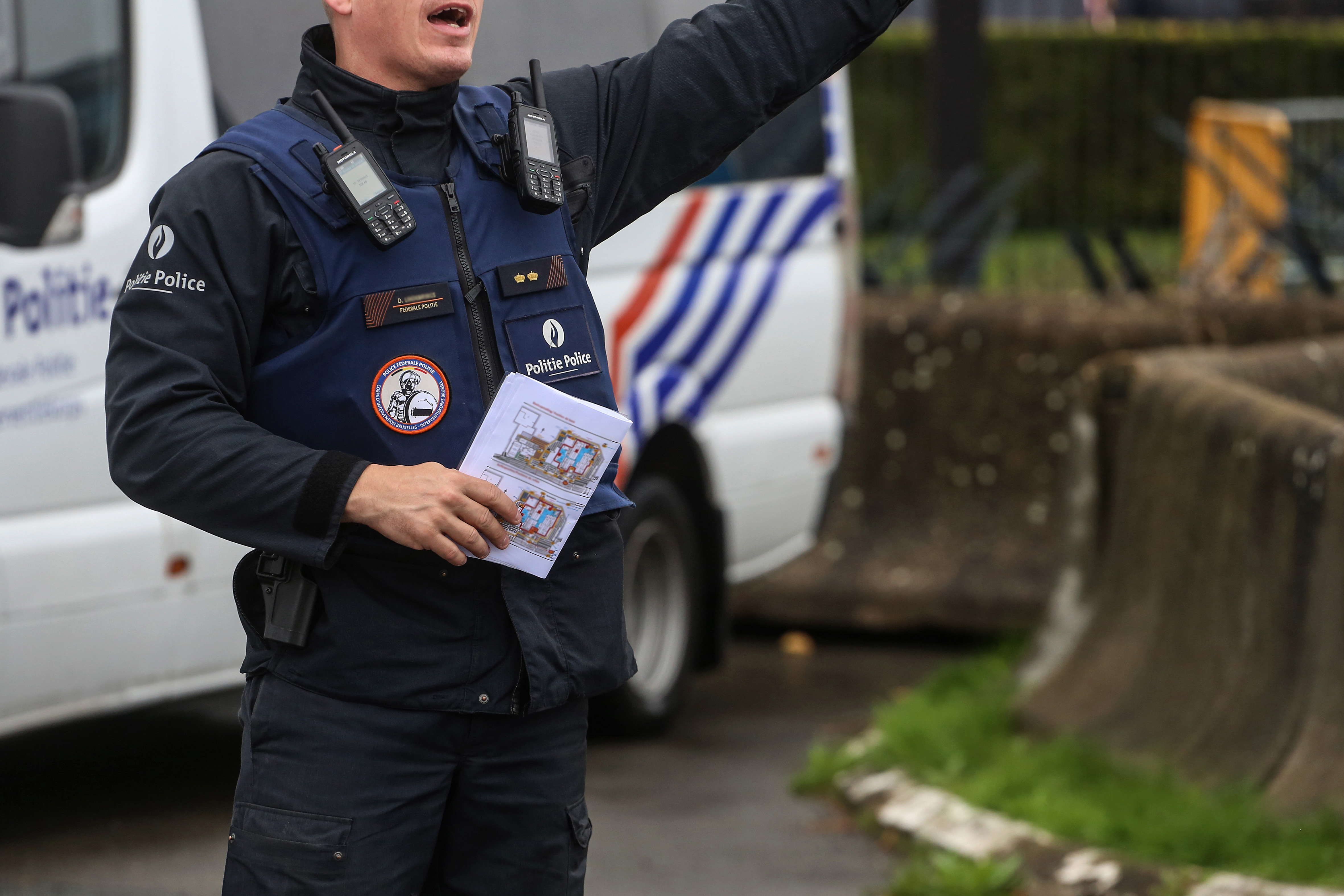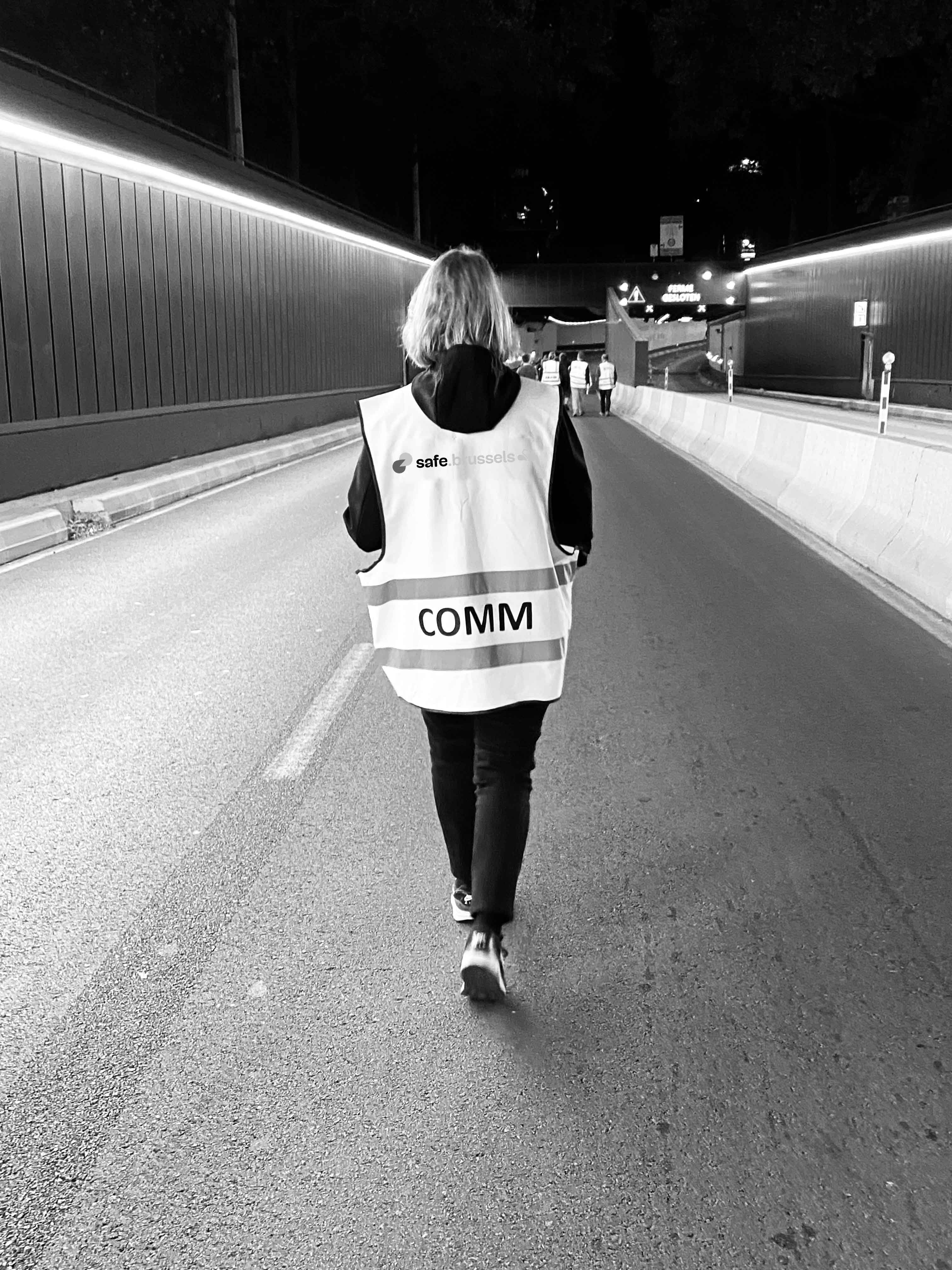Emergency planning
People, their property and their living space must be protected at all times. Civil protection consists of all the measures and means necessary for this purpose. Of these, emergency planning plays a fundamental role.
The aim is to anticipate and prepare for any potential crisis by determining the actions and coordination mechanisms to be put in place when an emergency situation occurs, in order to be able to mobilise human and material resources as quickly as possible and therefore organise the assistance necessary to protect the population and property.
Responsibility for this in our Region is assumed by the High official of the Brussels Conurbation.
People, their property and their living space must be protected at all times. Civil protection consists of all the measures and means necessary for this purpose. Of these, emergency planning plays a fundamental role.
The aim is to anticipate and prepare for any potential crisis by determining the actions and coordination mechanisms to be put in place when an emergency situation occurs, in order to be able to mobilise human and material resources as quickly as possible and therefore organise the assistance necessary to protect the population and property.
Responsibility for this in our Region is assumed by the High official of the Brussels Conurbation.
To carry out this mission, she coordinates implementation of various complementary initiatives, including :
- An analysis of the risks present in Brussels.
- The drafting of emergency plans, including action sheets, information and general or specific measures for a particular risk.
- The organising of major events, the scale of which go beyond the municipal framework, through the implementation of preventive multidisciplinary measures, such as, for example, for the 20km of Brussels or Belgium’s National Day.
- The organising of exercises during which the participants test the measures and procedures planned and refine their reflexes.
In doing this, she ensures concerted and coordinated action by the services performing the functional sets of missions referred to as disciplines, assisted by the heads of these services and an emergency planning coordinator who, together, constitute her security unit.
Beyond these main parties, each institution, organisation, expert and association is likely to be a party in the crisis and, as such, be included in the emergency planning process.
Emergency situation :
Any event that has or is likely to have harmful consequences for social life (such as a serious disruption to public security, a serious threat to the life or health of persons and/or against significant material interests) and which requires coordination of emergency services in order to eliminate the threat or limit the harmful consequences thereof (Royal Decree of 16/02/2006).
Emergency plans
The Senior Official’s Emergency Planning Department drafts and updates various specific emergency response plans.
-
 Multidisciplinary Plan
Multidisciplinary Plan
The Multidisciplinary Emergency Response Plan (MERP), which governs multidisciplinary intervention. It consists of:
- A General Emergency Response Plan (GERP), which contains the general guidelines and information required to ensure management of the emergency situation;
- Special Emergency Response Plans (SERP), which supplement the GERP with specific additional directives concerning specific risks;
-
 Monodisciplinary Plan
Monodisciplinary Plan
the Monodisciplinary Response Plan, which governs the intervention procedures for each discipline, in accordance with the MERP;
-
 Internal Emergency Plan
Internal Emergency Plan
The Internal Emergency Plan (IEP), a document internal to a company or institution, which sets out appropriate material and organisational measures to limit the harmful consequences of an emergency situation.










